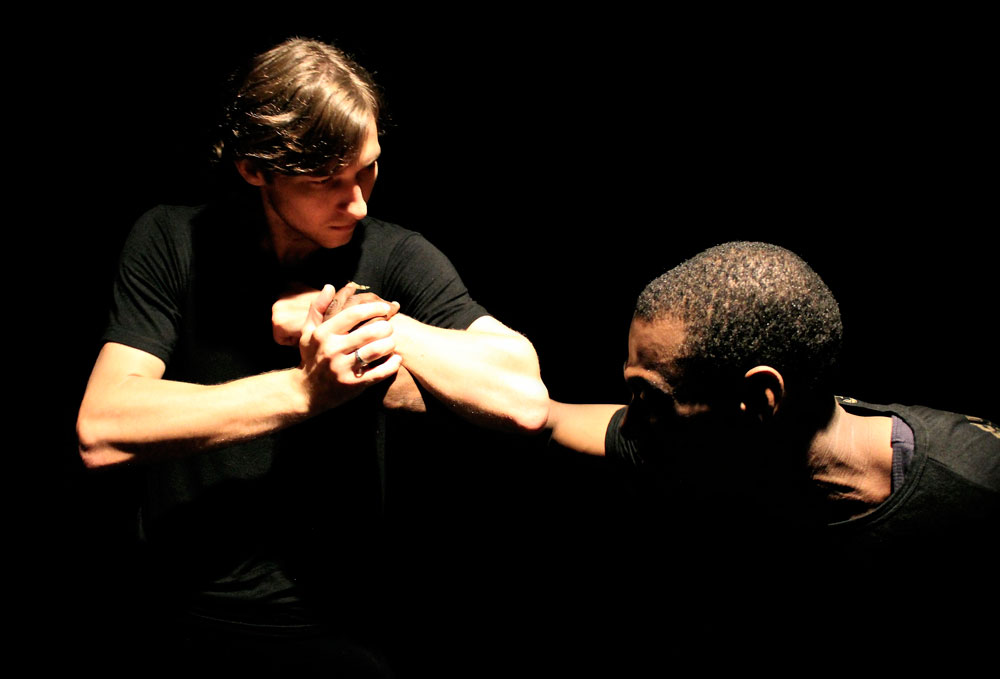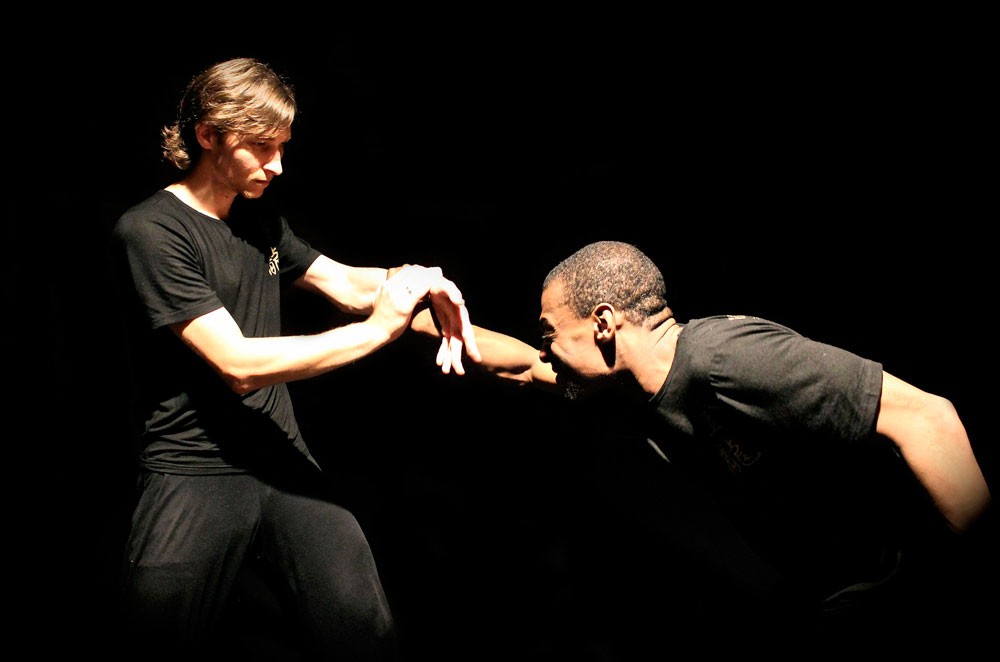Qinna
FREE TRIAL CLASSQinna is a technique that encompasses both external and internal aspects of martial arts. While it may involve painful grabs and holds, it is much more than that. Qinna is not a standalone style or discipline, but rather an important component of traditional Chinese kung fu. The main elements of qinna include:
- Twisting of joints and bones
- Pinching of muscles and tendons
- Overlapping of breathing and veins
- Impact on biologically active points
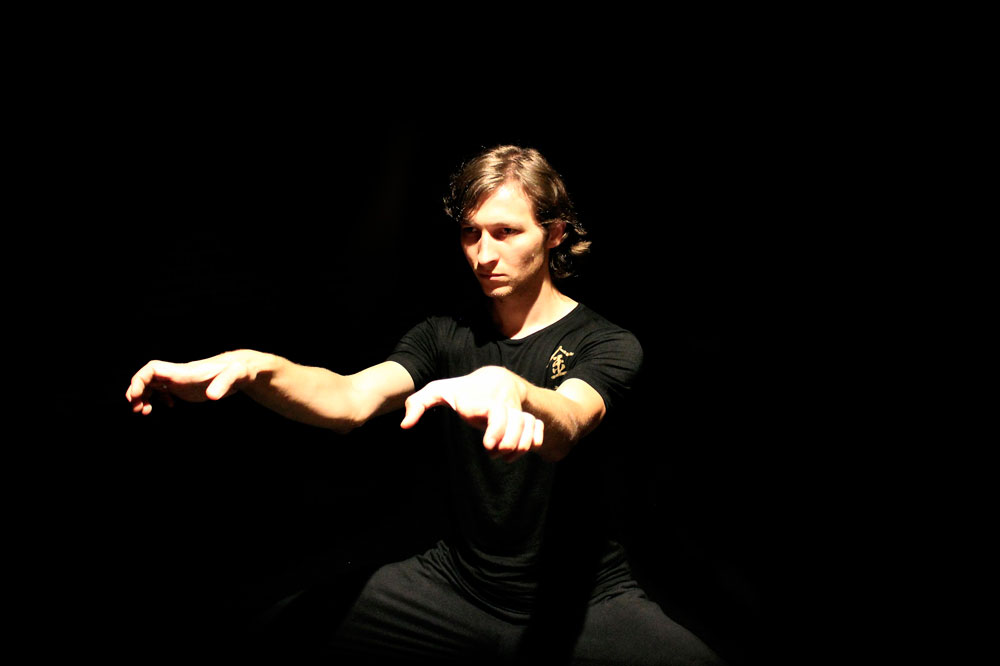 Qinna training often begins from the earliest stages of kung fu practice. This helps students understand the essence of martial arts from the start. It is often thought that martial arts is about a big and strong person defeating a weak one. But in reality, martial arts is about a person with a weaker physical constitution defeating a stronger opponent. Strength is important, but intelligence, technical skill, courage, composure, and justice are also essential for victory. The essence of martial arts has always been about more than just mastering fighting techniques.
Qinna training often begins from the earliest stages of kung fu practice. This helps students understand the essence of martial arts from the start. It is often thought that martial arts is about a big and strong person defeating a weak one. But in reality, martial arts is about a person with a weaker physical constitution defeating a stronger opponent. Strength is important, but intelligence, technical skill, courage, composure, and justice are also essential for victory. The essence of martial arts has always been about more than just mastering fighting techniques.
Qinna is based on deep knowledge of anatomy and physiology. To effectively apply this technique, one must understand the workings of the human skeleton, joints, muscles, ligaments, tendons, and vessels. In order to make qinna work, one must work hard.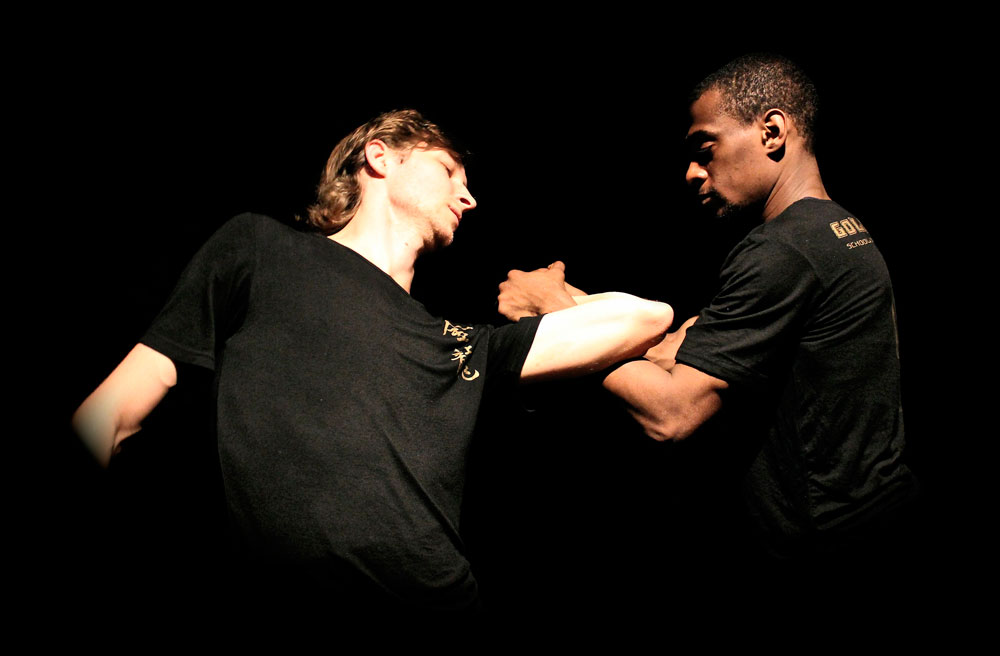 Qinna training progresses from simple to complex techniques. As basic kung fu techniques are mastered, elements of qinna that are compatible with the student's structure are added, providing a deeper understanding of the principles. Qinna also teaches how to strengthen the body as well as how to damage it. Special exercises and techniques increase the strength and elasticity of tendons and ligaments, and fanqinna, which are counter-techniques against painful seizures, develop body sensitivity and train the brain.
Qinna training progresses from simple to complex techniques. As basic kung fu techniques are mastered, elements of qinna that are compatible with the student's structure are added, providing a deeper understanding of the principles. Qinna also teaches how to strengthen the body as well as how to damage it. Special exercises and techniques increase the strength and elasticity of tendons and ligaments, and fanqinna, which are counter-techniques against painful seizures, develop body sensitivity and train the brain.
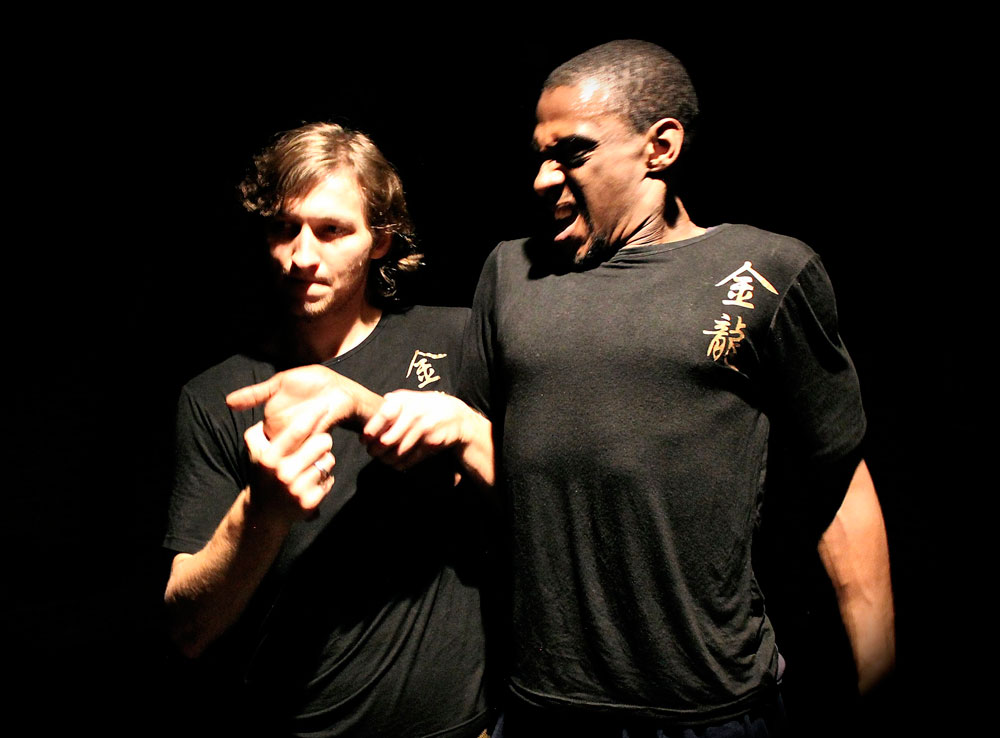 Despite some complexity, the initial elements of qinna are easy to learn. This makes it an ideal choice for self-defense. Qinna does not require fancy racks or complex techniques; it is simple and requires minimal effort, yet it can quickly subdue an opponent. It is not without reason that qinna is the foundation of combat training for the Chinese special services. However, studying qinna is not just for self-defense. It helps to control fear and maintain self-control in critical moments, strengthens the spirit and trains the mind to think more rationally. Overall, practicing qinna brings only positive changes. Give it a try, and you might find that you like it.
Despite some complexity, the initial elements of qinna are easy to learn. This makes it an ideal choice for self-defense. Qinna does not require fancy racks or complex techniques; it is simple and requires minimal effort, yet it can quickly subdue an opponent. It is not without reason that qinna is the foundation of combat training for the Chinese special services. However, studying qinna is not just for self-defense. It helps to control fear and maintain self-control in critical moments, strengthens the spirit and trains the mind to think more rationally. Overall, practicing qinna brings only positive changes. Give it a try, and you might find that you like it.
